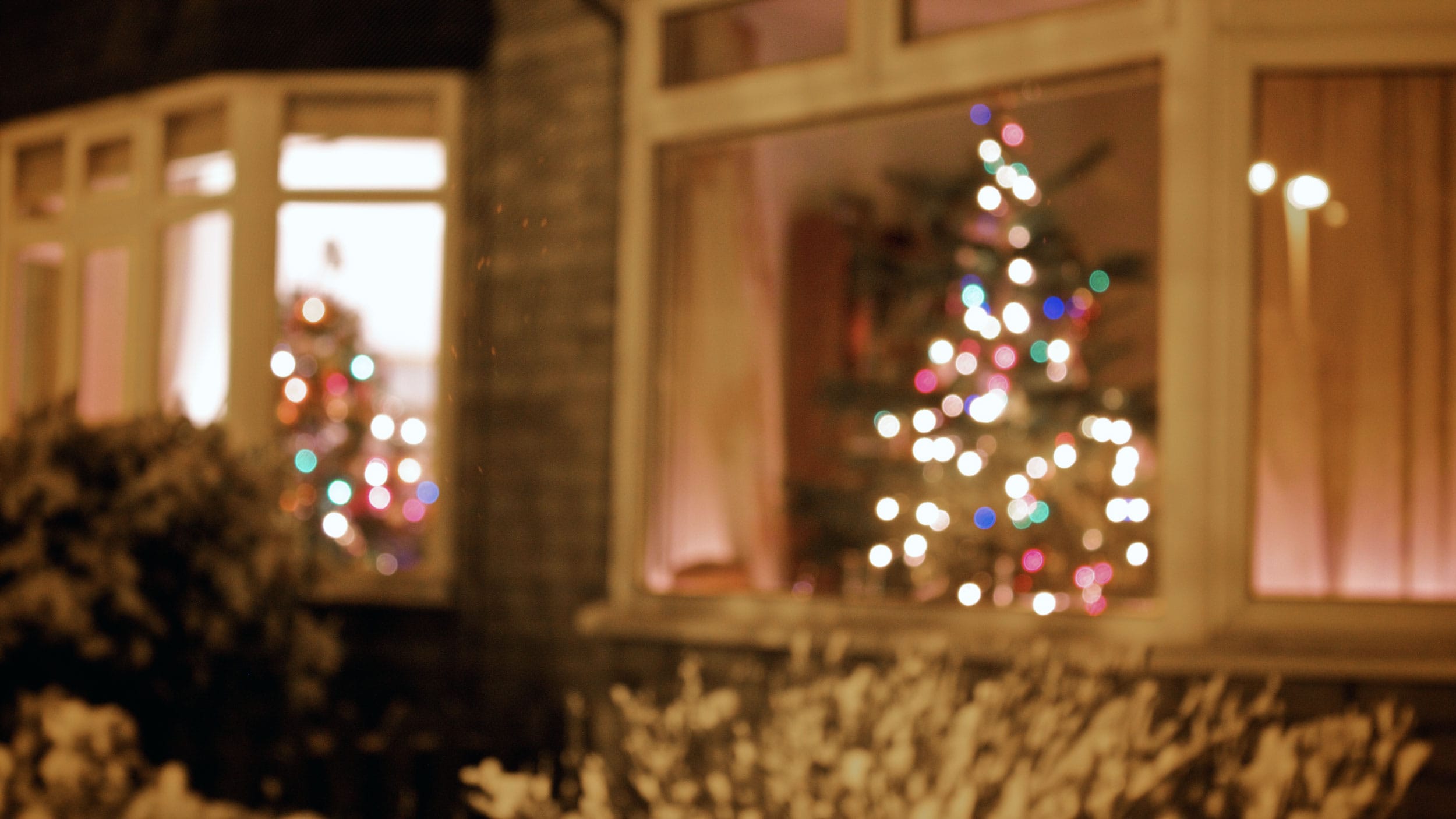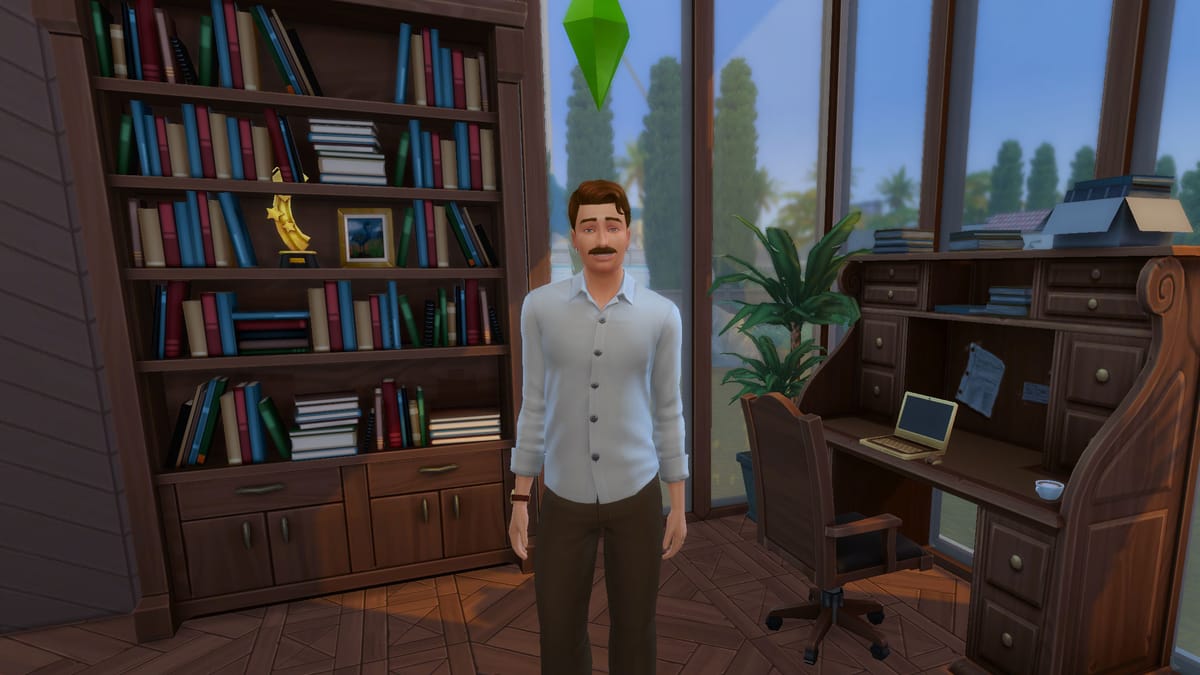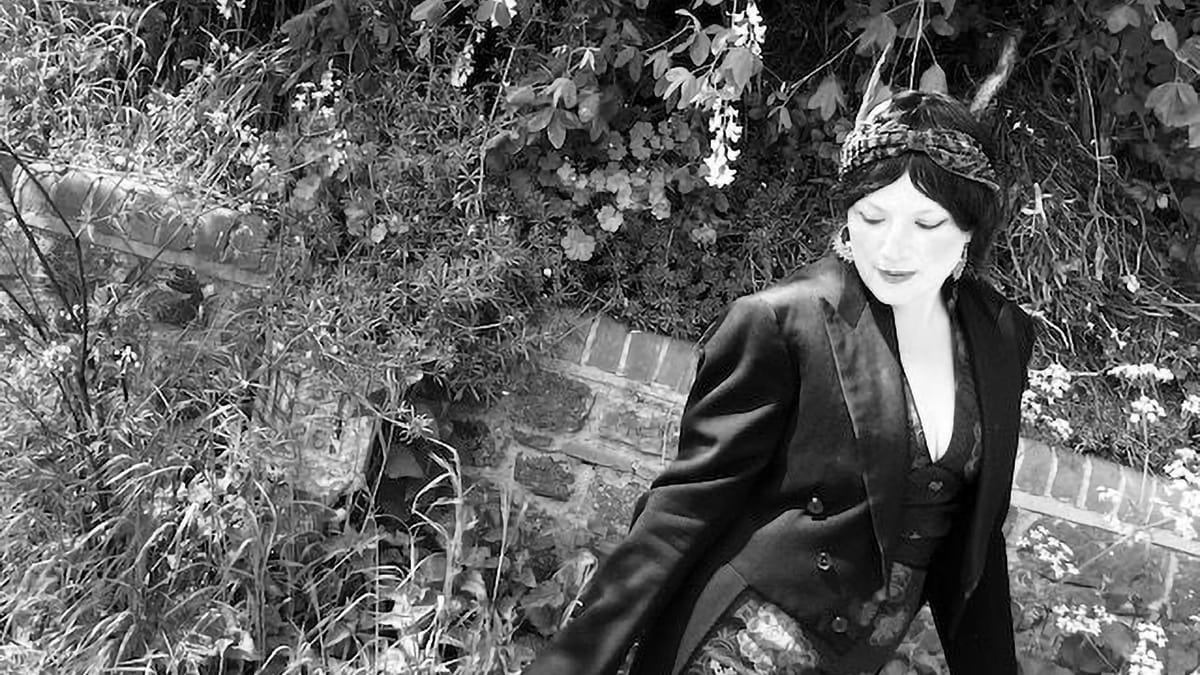It was the coldest night of the entire winter. Inside the house the gas fire had been lit so that the artificial coals glowed red. Outside, the wind blew bitter cold and raw, sending gusts of snow sweeping across the roads to gather in pockets in the kerbs. It was early evening and as the daylight sank away it left the winter sky clear and inky blue.
At the window, half hidden by a curtain, a man stood watching, and by his side, but separate from him, stood his son. To a casual observer it might look as though these two figures had been frozen by the winter weather; that it had somehow managed to penetrate the red brick walls of the house and creep, unnoticed, into the room. But if you were to take a closer look you would see that one of them was breathing slow and shallow and the other had a salt tear gathering on his lower lashes.
Across the road, not twenty feet away, the East Kent Company number 51 bus belched exhaust fumes into the cold night air. It was one of the new buses that didn’t need a conductor, just a driver and a metal ticket machine mounted on a bracket next to him. This was the end of the line and was an ideal spot for the driver to drink tea from his flask and have a quick smoke before heading back into Margate.
The bus was empty but for one passenger who sat halfway down the seats on the lower deck. A handsome woman with ash blonde hair that fell over the collar of her pale green overcoat, she sat staring straight ahead so that she was in profile to the two figures silently watching her. Her face remained passive; her mouth, her eyes, gave nothing away. The woman was the man’s wife and the boy’s mother and she was leaving them both, and she was never coming back.
The tear broke over the boy’s lashes and as it did he reached out for his father. For a moment the boy could feel the warm roughness of his father’s fingers – but the moment was fleeting, and his father pulled his hand away, so filled with shame was he at such an intimate thing.
“Please,” the boy said.
His father didn’t speak immediately but then he said: “She’s made her choice.”
The boy made to protest further and his father turned to confront him. And so neither of them saw the woman’s head turn, fleetingly, to look at them, as the bus pulled away.
Another tear gathered.
“Enough,” his father said. “Come on, the table needs clearing.”
~
The next morning the overnight ice had formed delicate frosted patterns on the inside of the boy’s bedroom window. The boy, warm as toast under his blankets, watched his breath form steam-plumes in the air and imagined he was a smoker enjoying the first smoke of the day. After a while he sat up and, pulling on his jumper, he began to read a dog-eared Eagle Annual. Sammy, the ancient and one-toothed cat, appeared on unsteady limbs at the bedroom door and meowed until the boy got out of bed and headed downstairs. The smell of tinned cat’s meat made the boy want to heave but he held his breath until he had spooned enough of the pink mush onto the cat’s saucer.
As Sammy ate, the boy made a lemon curd sandwich using the last two remaining crusts of bread and a thin sweep of the curd. After he’d finished eating he went into the front room and turned on the gas fire, switched on the Christmas tree lights and waited for his father to wake. By ten o’clock the boy was still alone but he was sure he had heard his father moving about in the bedroom above.
At midday the boy made a cup of tea and took it upstairs. Knocking on the bedroom door he waited. Eventually there was a muffled reply and so the boy went in. The room reeked of sweat and cigarettes. His father lay on top of the bed still wearing the clothes he’d had on the night before. In the far corner of the room was a discarded bottle of whiskey. The boy set the mug of tea down on the bedside table, but his father made no sound and no attempt to drink it. So the boy sat down on the lino, crossed his legs and waited.
The tea grew cold.
After some time his father started to move, so that he was sitting on the side of the bed, his feet planted on the lino opposite the boy.
Without lifting his eyes, he said: “You’ll need to toughen up now she’s gone.”
But the boy knew he could never toughen up, that he would always be a disappointment to his father. Because, right at that moment, the boy wanted, more than anything else in the world, to cry. And worse. He wanted his father to cry too. He wanted his father to cry so that he could comfort him. He wanted to tell his father that everything would be all right. And more than that. He wanted to know that his father loved him. And he felt sure he would know he was loved if his father held him. But the boy knew that real men didn’t go on like that. He knew the rules. His father had taught him well – and so had his mother, to some extent. But the boy didn’t care about all that anymore. And so he got up off the floor and moved to the side of the bed. And he reached out and took his father’s hand. Once again he felt the roughness and the warmth of his father’s fingers.
His father, his head bowed, his face hidden in shadow, made a half-hearted attempt to pull away but the boy held on. The two of them froze then, as if neither one wanted to move for fear of what might become of them. Gently, the boy took his free hand and rested it on his father’s shoulder.
“It’ll be okay, Dad,” the boy said.
And a salt tear gathered on the lower lashes of his father’s eye as the boy wrapped his arms around his shoulders.
Outside, the wind blew bitter cold and raw, sending gusts of snow sweeping across the roads to gather in pockets in the kerbs. It was early evening, and as the daylight sank away it left the winter sky clear and inky blue.
Photo: David Duran
All donations go towards supporting the Bee’s mission to nurture, publish promote and pay for the best new working-class writing.









Comments